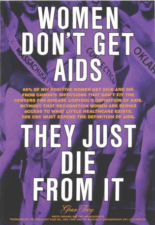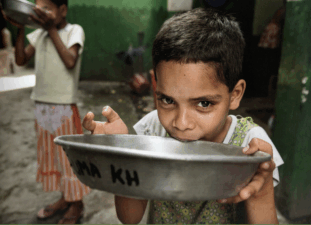
Daphne Gollan
Forty or so years ago[1] people from Sydney would regard a posting to our national capital as akin to a death sentence. Once there it was difficult to know where you were as you picked your way on roads that went in circles from one cluster of houses to another, all crouched in the midst of paddocks and surrounded by rolling hills. They turned the street lights out at midnight too, and it became quite ghostly…There was, however, one fairly reliable , if drastic method of reconciling newcomers to Canberra, and that was if you came in by the back road past Queanbeyan, having made a detour through Captains Flat. Set in the midst of towering yellow slag heaps and surrounded by grim stony hills, shrouded in fog and exuding an overpowering , penetrating cold that stealthily attacked the very marrow of your bones, that was Captain’s Flat.
The Flat was a mining town, with a huge pub and a hospital. Its existence depended on lead and zinc deposits in the hills of the surrounding countryside. The Lake George Mining Company provided a few hundred jobs. Industrial relations were bad; the workers were convinced that they were not getting a fair share of the returns from lead prices in the world market. From time to time there would be a really long strike. After such a dispute the workers invariably went back in a state of bitter dissention.
Legend was that the rage would be dissipated with a might battle of fists… on the football field before they reported back to work.
Just after the Second World War, when the union movement was expanding, we had a women’s organisation, which, apart from the inevitable campaigns on housing and prices, did its best to encourage the formation of women’s auxiliaries in the unions.
One day the news came that Captains Flat had gone out – again. This time the miners were determined to do everything right – maintain unity, keep up morale and get on good terms with the shopkeepers. Then it was suggested that it might be a good idea to pay some attention to the women, the ones who had to feed their families on strike pay. Could we send one of our members to the Flat for a while to help organise a women’s auxillary? There was a pause while the strike committee pondered. They agreed. Our woman had to be a SUITABLE person, a good organiser with grasp of the politics of the strike and able to speak the language of the miners’ wives.
This threw us into a state of confusion. Those of us who could spare the time either wore hats and gloves and were middle aged and non-political, or younger ones who understood the politics but had no chance, short of a training course, of bridging the language gap between ourselves and the Captains Flat women. Not that our organisation lacked sterling working class women, mind you, who understood politics, the language of captains Flat and everything else. But in those days, how could you pluck housewives from their domestic duties to perform in public, even if the children could be catered for? What about those husbands, those rigid upstanding working class husbands, whose meals had to be cooked and work clothes washed – on time, all the time? We were at a loss.
But we did have one member who had spare time, was purely proletarian and a most persuasive talker. Her politics were sound if rough. This was Kit Jones. But there was one problem. Kit had set up in Newtown as an SP bookmaker and now conducted a flourishing business, handling police, punters and thugs with equal ease.
The weekends were her busy time of course but on some weekday afternoons she would come into oour Association’s office, and we would repair to the Great Southern in George Street not far from the railway. There she would entertain us, drinking middies of beer at a deliberate pace, with crude and colourful stories of her life and her inadequate husband. We young ones used to gulp down the schooners because that was the size of the glass men drank. Kit with her middies drank twice as much and got half as drunk.
We took the plunge and decided to send Kit to Captains Flat for a week. She left her business in the hands of her offside and went off in the early train on a Monday morning. She was instructed that for the entire time she was there, no beer was to pass her lips, there was to be no bad language and no mention of horseracing.
Kit did the job. She got the women together, they set up a women’s auxiliary, they saw the shopkeepers and, unbelievably, got the strikers to allow women for the first time to attend a mass meeting and actually address the men. It was a triumph.
When she returned, Kit told us what had happened on her last evening at the Flat. She had been put up in one of the miner’s houses in a spare room with a comfortable bed, plied with good country food in spite of the shortage of money. Nothing had been too much trouble for the family and she got on like a house on fire with all of them. All the same, by the end of the week she was in a sorry state. The gallons of strong tea she had had to drink had left her awash.
On the night before she was due to leave she and the family played cards and lots of people dropped in to say goodbye. On their last round of poker Kit and her host were the only ones bidding. Kit flung down her cards, and forgot herself: a few crude exclamations of triumph escaped. Seconds of stunned silence – then the place exploded. People started to laugh and shout and swear, her hostess rushed into the bedroom and dragged out the bottles of strong drinks she had hidden in the wardrobe. The neighbours returned with more bottles and they had a great party with Kit telling them all about life as a SP bookie.
The strike lasted for seven months. The men went back in better shape than usual. They even won a concession or two.
[1] This article was first published in 1991 in Social Images ed. Robin Joyce, Goanna Press, 1991 and has been slightly edited.
Daphne Gollan 4 May 1918 – 4 October 1999 was an Australian historian, lecturing at the Australian National University.

